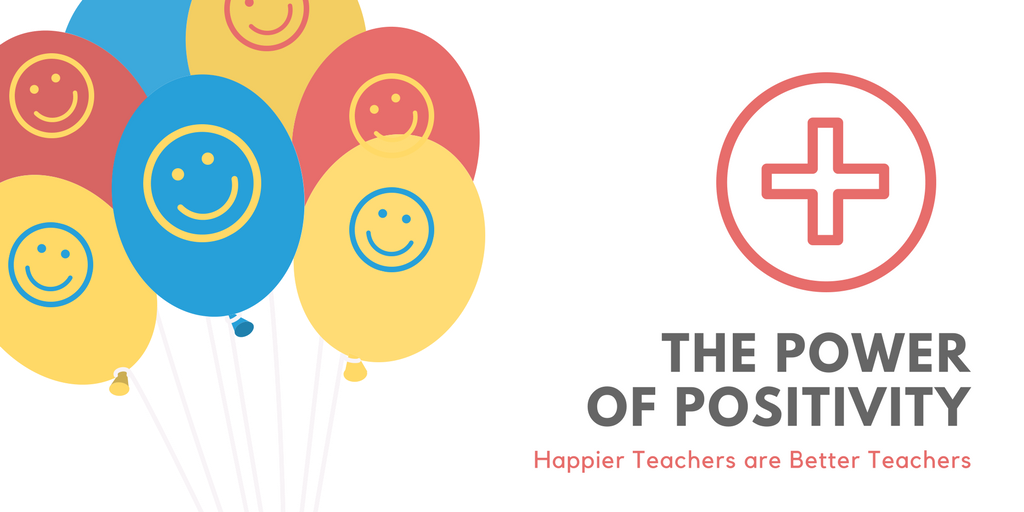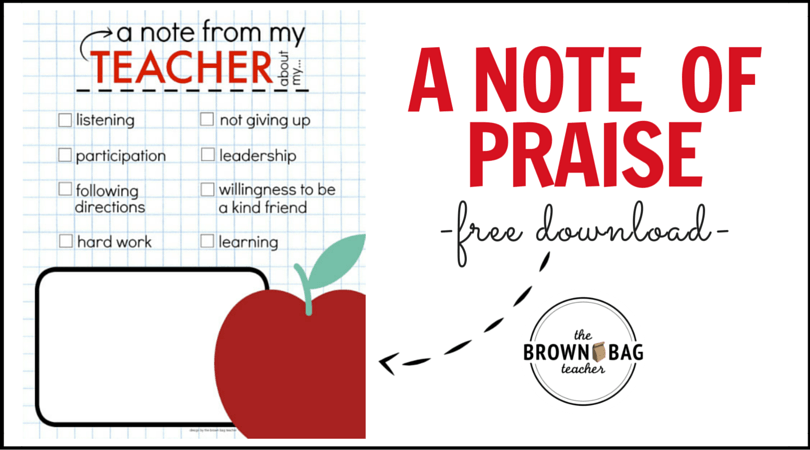
The Power of Positive Relationships (a personal journey)
“You can catch more flies with honey” a friend used to tell me. How does an old adage like this apply to your classroom? I’ve had a great deal of behavior struggles with my students this year, and I want to share my experience of what worked and what didn’t. I’ve found a few methods that have not only improved the behaviors in my class(es) and the happiness of my students, but also my personal happiness as well.
Universal Truths
Dr. Helen Peterson talks about a few basic tenets of positive thinking and framed some tough experiences she had in a different light. She addresses some universal truths of how your mindset and outlook impact your emotions, but also smaller simpler things like smiling, or having friends call and check on her. How we as human being all want the same basic things, we need to feel safe, secure, cared for, and connected. It’s tough to keep these simple truths in mind, but if you can, you’ll find that the same things you want as a teacher often are the exact things your students are trying to get for themselves.
There have been a number of write ups about the Power of Positivity, (1)(2)(3) and how it’s applicable from CEOs, to coaches, to parents, and teachers. I know that sometimes it can see naive or counter-productive to be “positive” in the face of an absolute disaster classroom, or lesson, or student, but if it didn’t work, I wouldn’t be writing about it now. Again, I’m going to talk about my own personal struggles and achievements this year, and how I used positive relationships to overcome some of my most difficult challenges. The main thing that I wish I would have know though is that
It gets worse before it gets better
I was struggling so much with this particular class, and trying everything I could think of. I was calling parents, and moving seats, changing lesson plans, and meeting with kids at lunch or after class. It was exhausting and to be honest, the behaviors were getting worse! I later learned of a term for it, a behavior called “extinction burst” (a term I could do without) and while extinct is a bit of a misnomer, I did eventually see a drop in the unwanted behavior. I attribute this success, above all else, to the development of positive relationships with my most challenging students. “Lunch Date” is a term my school uses when you pull the student (or in my case a student and a friend) out of the cafeteria and into your office/room and you eat lunch together. They don’t miss recess, it’s not a punishment it’s actually a reward.
I was skeptical about rewarding these student who in a few hours would be ravaging my afternoon, but it worked. I shared about myself, they shared about themselves, and I’d learn amazing details I never would have known. My inner city fourth grader spent the summer at an aunt’s farm in Puerto Rico where she rode horses. Another student was living at his cousin’s apartment and wanted to play the drums but couldn’t because of the noise rules there. Even sharing seemingly insignificant facts about my own life went a long way, such as students thinking it was hilarious that I owned a cat named “Kit Kat”. Now we were sharing something beyond the negative experiences in the classroom. When student A or B begin their disruptive behavior I wasn’t just a teacher or faceless authority figure they were challenging, but a person. Furthermore they became people to me, I saw them as individuals with diverse experiences and backgrounds, and their behavior (while still not ok) made sense.
Delayed Gratification
I’m still working through a lot of my challenges, but I can see the improvement. The second thing I wish I had understood was that this is a long process. The behaviors are by no means “extinct” and I still need to be mindful of keeping calm in the face of adversity, but remaining positive has transformed my practice for the better. I still sacrifice my lunch to meet with students, and spend time afterschool calling and emailing parents, but throughout all of it I try to remain positive. Most of these challenges stem from issues that are far beyond my control, most of it doesn’t have anything to do with my classroom, my school, or me. What I can do is be firm, calm, and consistent. I don’t just tell me students that I understand or believe in them despite these “flaws”, I can show them by building a positive relationship and smiling.
It seems simple, but if you’re positive and happy then so are your students. You’re the emotional barometer that predicts the way your class will develop. Furthermore, happy teachers lead to happy students, and (according to the NYTimes) happy students are BETTER students. Educational journals have studied the way teacher dispositions impact student performance, and I think by this point you can assume what the data points to.

Positivity and a Happier You
The happier you are, the better your students do. A number of factors play into this, from the positive relationships, to the increased self-confidence, and the fact it’s just easier to engage with someone who is happy. I’d like to focus this last little bit on positivity and me. I saw the change I was able to make in that classroom, and I thought if I can do it for them, why am I not doing it for myself? It benefits no one if you are having a ‘nervous breakdown,’ it doesn’t help anyone when you are negative, or stressed, or sad. Teaching is hard work, it can be emotionally draining, and incomprehensibly frustrating at times, but we all know that. Take some time and be positive about yourself. Be intentional about it too, and make sure you celebrate the successes you’ve already attained. In the work environment we often continuously push forward and never stop to authentically celebrate our successes. That drive and progressiveness is great for helping me develop, but not the best for my sustainment. It’s important to have a positive relationship with not just your students, but yourself. It might feel self-indulgent, but if you feel you’ve had a success -no matter how small- it’s important to celebrate it. This has been a very demanding few months for me personally, but I feel that I’ve use the power of positivity to improve both my mindset and my relationships, thus making the world around me, a better place, for me!
